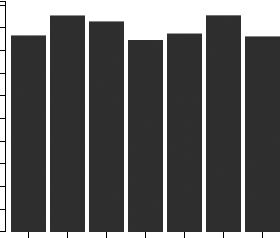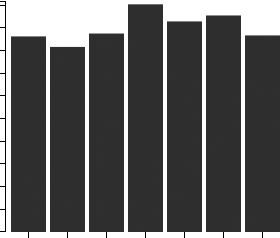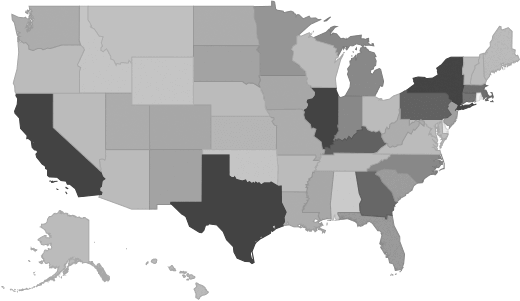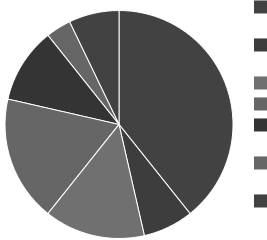- (800) 311-5355
- Contact Us
| Historical | Forecasted | ||||||||||
|---|---|---|---|---|---|---|---|---|---|---|---|
| 2020 | 2021 | 2022 | 2023 | 2024 | 2025 | 2026 | 2027 | 2028 | 2029 | 2030 | |
| Market Size (Total Revenue) | Included in Report | ||||||||||
| % Growth Rate | |||||||||||
| Number of Companies | |||||||||||
| Total Employees | |||||||||||
| Average Revenue per Company | |||||||||||
| Average Employees per Company | |||||||||||



| Company Size | All Industries | Nonwoven Fabric Mills |
|---|---|---|
| Small Business (< 5 Employees) | Included | |
| Small Business (5 - 20) | ||
| Midsized Business (20 - 100) | ||
| Large Business (100 - 500) | ||
| Enterprise (> 500) | ||
| Industry Average | Percent of Sales | |
|---|---|---|
| Total Revenue | Included | |
| Operating Revenue | ||
| Cost of Goods Sold (COGS) | ||
| Gross Profit | ||
| Operating Expenses | ||
| Operating Income | ||
| Non-Operating Income | ||
| Earnings Before Interest and Taxes (EBIT) | ||
| Interest Expense | ||
| Earnings Before Taxes | ||
| Income Tax | ||
| Net Profit | ||

Cost of Goods Sold
Salaries, Wages, and Benefits
Rent
Advertising
Depreciation and Amortization
Officer Compensation
Net Income
| Financial Ratio | Industry Average |
|---|---|
| Profitability Ratios | Included |
| Profit Margin | |
| ROE | |
| ROA | |
| Liquidity Ratios | |
| Current Ratio | |
| Quick Ratio | |
| Activity Ratios | |
| Average Collection Period | |
| Asset Turnover Ratio | |
| Receivables Turnover Ratio | |
| Inventory Conversion Ratio |
| Product Description | Description | Revenue ($ Millions) | |
|---|---|---|---|
Nonwoven fabric mills | Included | ||
Nonwoven fabrics | |||
Nonwoven fabrics, wet laid | |||
Nonwoven fabrics, excluding wet laid | |||
Nonwoven fabrics, nsk | |||
Fabricated nonwoven products | |||
Blankets, wipers, and ribbons, made from nonwoven fabrics | |||
Wipers, made from nonwoven fabrics | |||
All other fabricated nonwoven products | |||
Fabricated nonwoven products, nsk | |||
| Title | Percent of Workforce | Bottom Quartile | Average (Median) Salary | Upper Quartile |
|---|---|---|---|---|
| Management Occupations | 4% | Included | ||
| Chief Executives | 0% | |||
| General and Operations Managers | 1% | |||
| Office and Administrative Support Occupations | 8% | |||
| Installation, Maintenance, and Repair Occupations | 9% | |||
| Other Installation, Maintenance, and Repair Occupations | 8% | |||
| Industrial Machinery Installation, Repair, and Maintenance Workers | 5% | |||
| Production Occupations | 67% | |||
| Textile, Apparel, and Furnishings Workers | 49% | |||
| Textile Machine Setters, Operators, and Tenders | 38% | |||
| Textile Knitting and Weaving Machine Setters, Operators, and Tenders | 24% | |||
| Textile Winding, Twisting, and Drawing Out Machine Setters, Operators, and Tenders | 10% | |||
| Miscellaneous Textile, Apparel, and Furnishings Workers | 7% | |||
| Extruding and Forming Machine Setters, Operators, and Tenders, Synthetic and Glass Fibers | 5% | |||
| Other Production Occupations | 12% | |||
| Transportation and Material Moving Occupations | 5% | |||
| Company | Address | Revenue ($ Millions) |
|---|---|---|
Included | ||